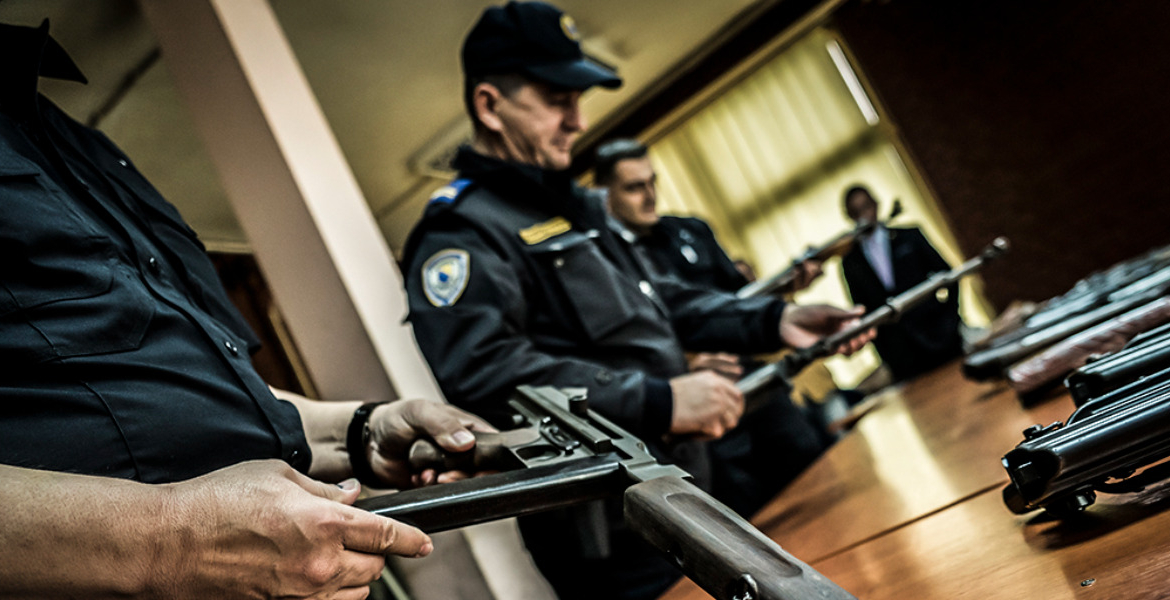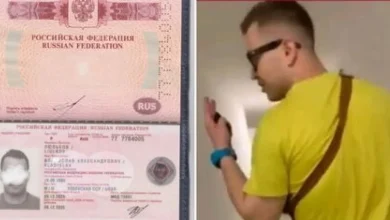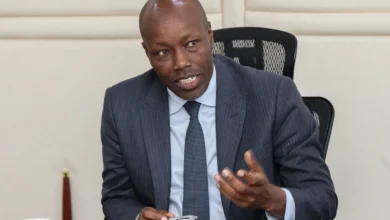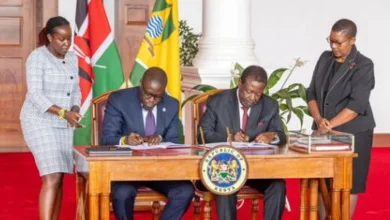How INTERPOL and the US Support Led to Kenya’s Multibillion-Shilling Drug Bust

Kenyan security forces have intercepted a dhow carrying narcotics worth more than Ksh8 billion off the coast of Mombasa, arresting six Iranian nationals in one of the country’s largest maritime drug seizures.
The operation, conducted on 21 October, followed coordinated intelligence sharing among international and regional security agencies. Information was exchanged through the Regional Narcotics Interagency Fusion Cell (RNIFC) in Bahrain and the Regional Coordination Operations Centre (RCOC) in Seychelles, which tracked the vessel across the Indian Ocean.
Interpol played a central role in directing the search and seizure, ensuring the scene was properly secured to preserve evidence for prosecution. The policing body confirmed on 28 October that the mission received support from the administration of United States President Donald Trump, with two officers from the US Naval Criminal Investigative Service (NCIS) assisting in the onboard search and interrogation of the crew.
After the interception, a multi-agency task force was assembled under the Kenyan Navy’s Deputy Commander. The team included officers from the Directorate of Criminal Investigations (DCI), Directorate of Immigration Services (DIS), Kenya Maritime Authority (KMA), Coast Guard Service, NACADA, and the Kenya Ports Authority (KPA). The suspects were detained on 24 October at Kilindini Port, three days after intelligence on the vessel was first received.
A magistrate has ordered the six suspects to remain in custody for 30 days at the Port Police Station while investigations continue. The court also authorised forensic testing of the seized substances by the Government Chemist and analysis of the suspects’ mobile phones by DCI cybercrime experts.
Authorities described the operation as a major success against maritime drug trafficking, highlighting the growing sophistication of criminal networks operating across the Western Indian Ocean. Officials noted that the close coordination between Interpol, regional intelligence centres, and Kenyan agencies demonstrates an improving capacity to respond to transnational security threats.





